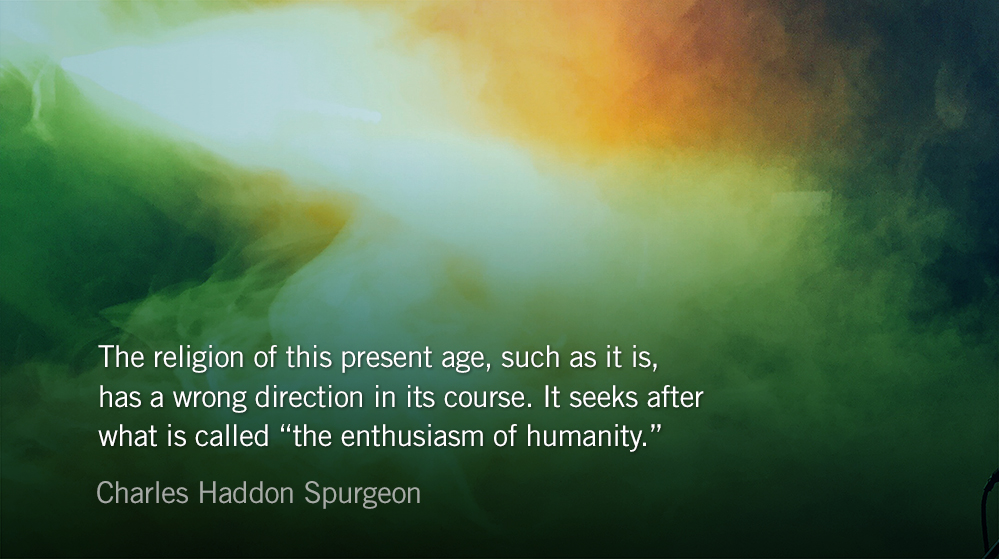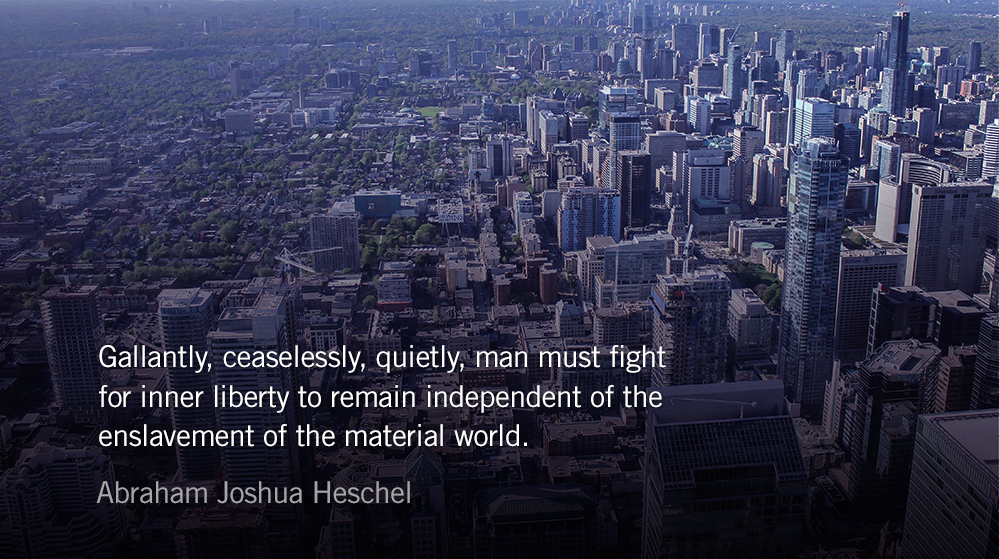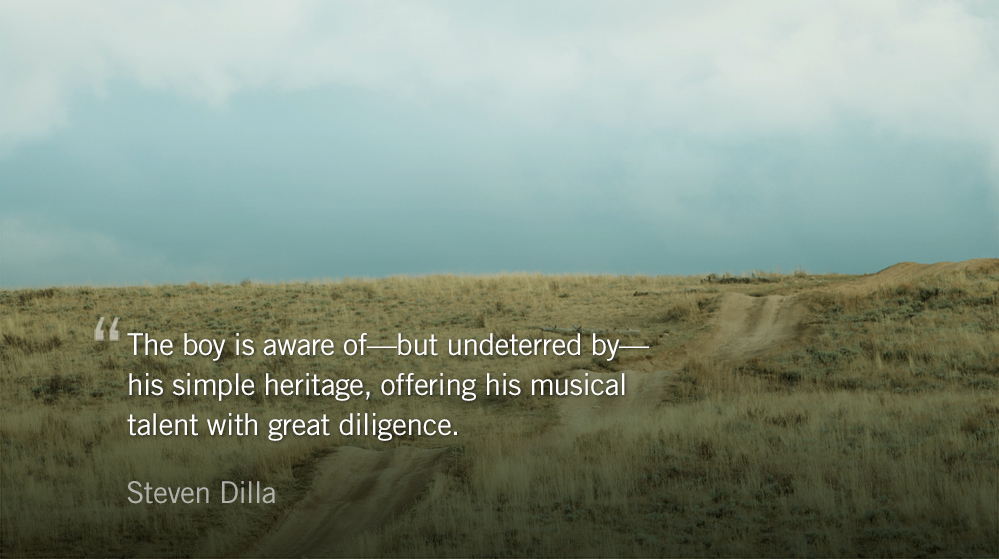It is not the strength of your faith but the object of your faith that actually saves you.
― Timothy Keller
Scripture: Genesis 49.33
When Jacob finished commanding his sons, he drew up his feet into the bed and breathed his last and was gathered to his people.
Reflection: Going Home
The Park Forum
There is a brutal reality to death which cannot be softened. When his father Jacob dies, we read that, “Joseph threw himself on his father and wept over him and kissed him.” Old age may make death more expected, but nothing makes it less heartbreaking.
Joseph had been robbed of his best years with his father—reconnecting only as an adult. When he first heard Jacob was nearing Egypt, Joseph raced out in his chariot to meet him along the way.
Reunions are meant to be joyous occasions. At their best, they are times when loved ones gather to reminisce, laugh, and feast. In this case, the beloved was restored to his family. Jacob and Joseph’s reunion was filled with the triumph of a father and son, once separated by what seemed like forever, now reunited.
The revelation at Jacob’s death, that he, “was gathered to his people” is not simply a Hebrew euphemism. This is one of the first images scripture reveals about the afterlife. Like what Joseph felt when he fell headlong into his father’s arms on the road to Egypt, death, for the faithful, is a reunion of inexpressible joy.
Death may be present reality, but time is not eternity. 2 Corinthians observes that Christians are, “sorrowful, yet always rejoicing.” Now death; soon life.
Even Jesus wept at a funeral—yet death did not get the last word—he called Lazarus from the grave. Resurrection is a fundamentally relational concept in the scriptures. It restores holistic life to body and soul, relationship, and integrity to community once fractured.
No wonder the prophets of the New Testament would rejoice at the image of the resurrection as the great banquet of heaven. Together we shall delight in new life, knowing that whatever joy we experience as we reunite with friends and family will seem infinitesimal in comparison to the triumph of living in harmony with our Father.
Prayer: The Request for Presence
Gladden the soul of your servant, for to you, O Lord, I lift up my soul. — Psalm 86:4
– From The Divine Hours: Prayers for Springtime by Phyllis Tickle.
Full prayer available online and in print.
Today’s Reading
Genesis 49 (Listen – 4:54)
Luke 2 (Listen – 6:11)











